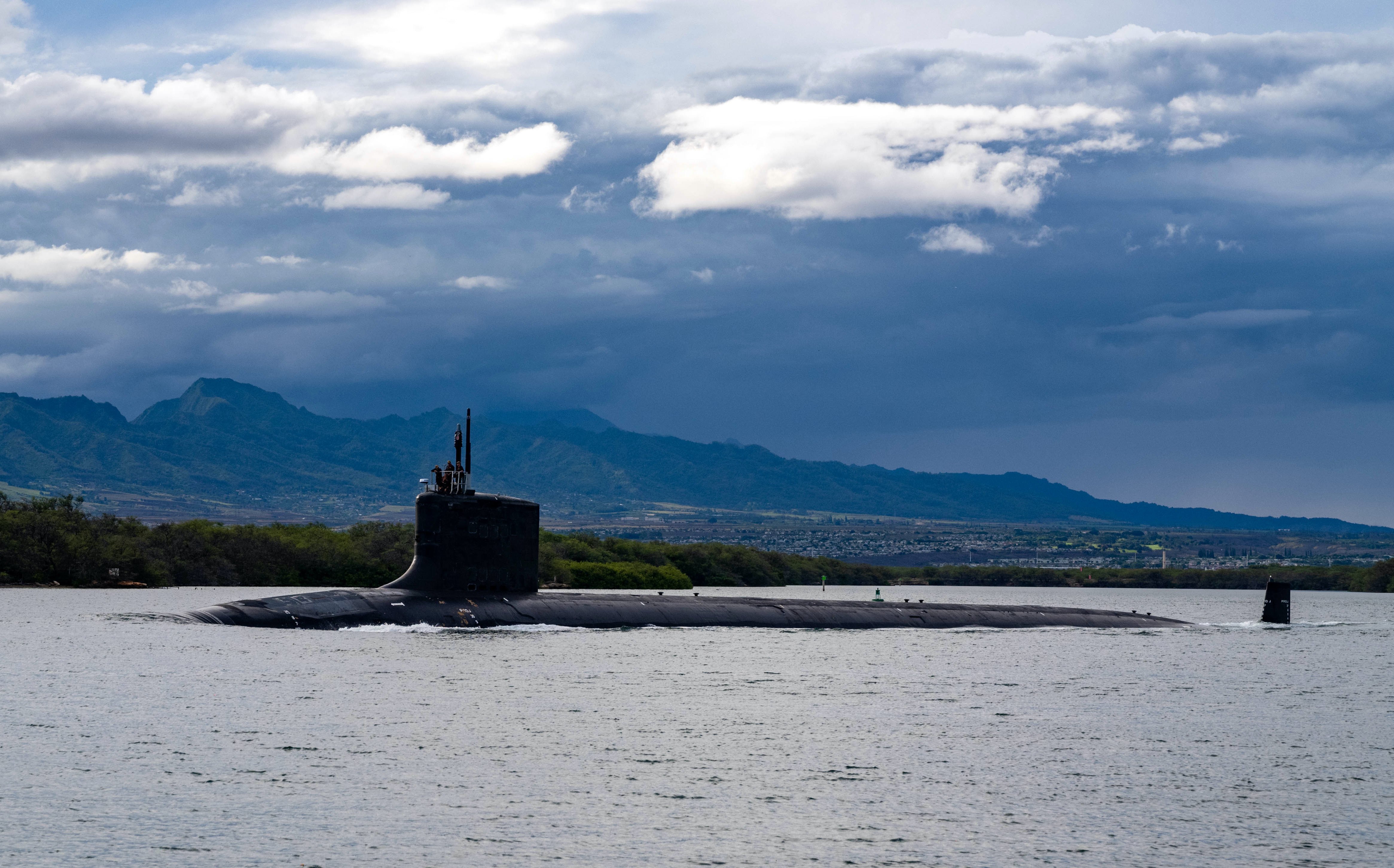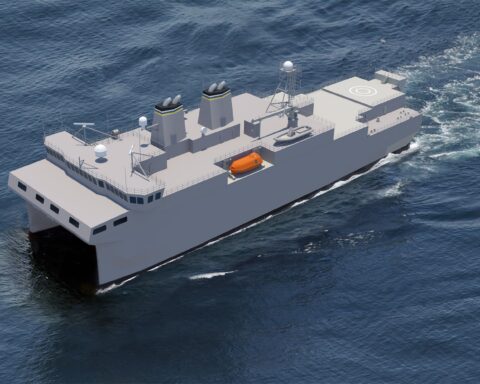The following is the July 2023, Government Accountability Office report, Coast Guard: Clarifying Emergency Policies and Assessing Needs Could Improve Unit Disaster Preparedness.
What GAO Found
Although Coast Guard field personnel serve as first responders for natural and human-made disasters, agency policies about maintaining emergency food and water for field personnel are unclear. For example, Coast Guard disaster preparedness policies
do not identify a clear requirement for field units to maintain emergency food and water for their personnel. As a result, many of the Coast Guard field units GAO surveyed (20 of 32) reported they did not maintain these supplies. Field personnel we met with or surveyed said they did not believe agency policy required their unit to maintain these supplies, or they were unsure about the policy. In addition, agency policies and procedures about procuring emergency food and water are unclear and incomplete. This has resulted in confusion among personnel at several levels of Coast Guard field operations. Clearer policies and procedures about obtaining and maintaining emergency food and water could enhance field unit disaster preparedness.
Coast Guard disaster preparedness efforts include various field unit plans and risk assessments, but the agency has not comprehensively assessed and documented field units’ emergency food and water needs. Coast Guard policy does not require field units to assess and document these needs. Instead, unit commands are expected to assess and address risks and needs, as they deem appropriate. Almost two-thirds of the Coast Guard field units GAO surveyed (20 of 32) responded that their unit discussed emergency food and water needs. But these needs were generally not documented. Coast Guard headquarters officials agreed that assessing and documenting field unit emergency food and water needs is important. Without a clear assessment of these needs, Coast Guard field units may not be maintaining adequate supplies for their personnel, placing them at greater risk. Assessing and documenting emergency food and water needs, and maintaining supplies based on those needs can improve field unit disaster preparedness. This is especially important at units more likely to experience no- or short-notice events (e.g., earthquakes, tornados), or at units in remote areas without ready access to food and water through the local economy.
Why GAO Did This Study
The Coast Guard’s operational units in the field lead its disaster response efforts, which include rescuing persons in distress and responding to marine pollution incidents. These units are often situated along major waterways and coastlines throughout the U.S. As such, personnel stationed at these units may be vulnerable to a wide variety of natural disaster risks.
The James M. Inhofe National Defense Authorization Act for Fiscal Year 2023 includes a provision for GAO to review the availability of appropriate emergency supplies at Coast Guard units. This report examines the extent to which the Coast Guard (1) has clear policies and procedures for obtaining and maintaining emergency food and water for personnel at shore-based field units, and (2) has assessed and documented shore-based field units’ needs for emergency food and water.
GAO reviewed Coast Guard policies and disaster response plans from across its field operations. GAO also conducted a nongeneralizable survey of 32 smaller, remotely located Coast Guard field units, and interviewed headquarters and field officials.
What GAO Recommends
GAO is making three recommendations, including that the Coast Guard clarifies (1) emergency food and water requirements, and (2) procurement policies and procedures; and (3) ensures that its field units assess and document their emergency food and water needs. The Department of Homeland Security concurred with these recommendations.
Download the document here.





